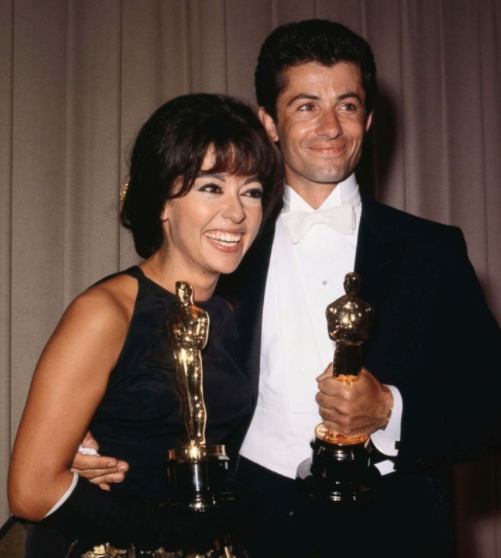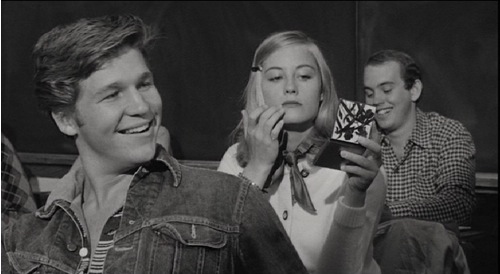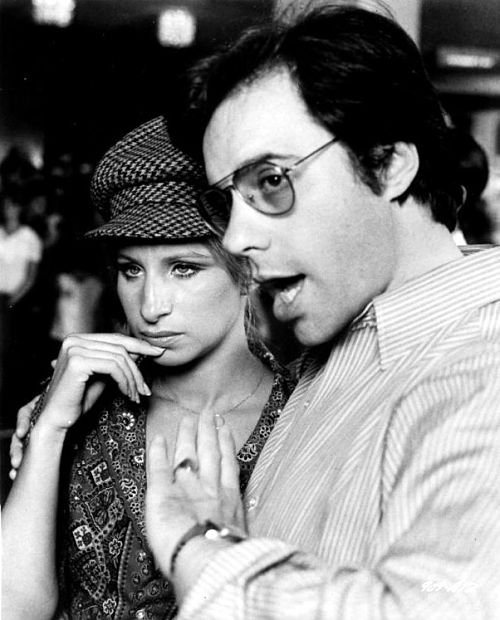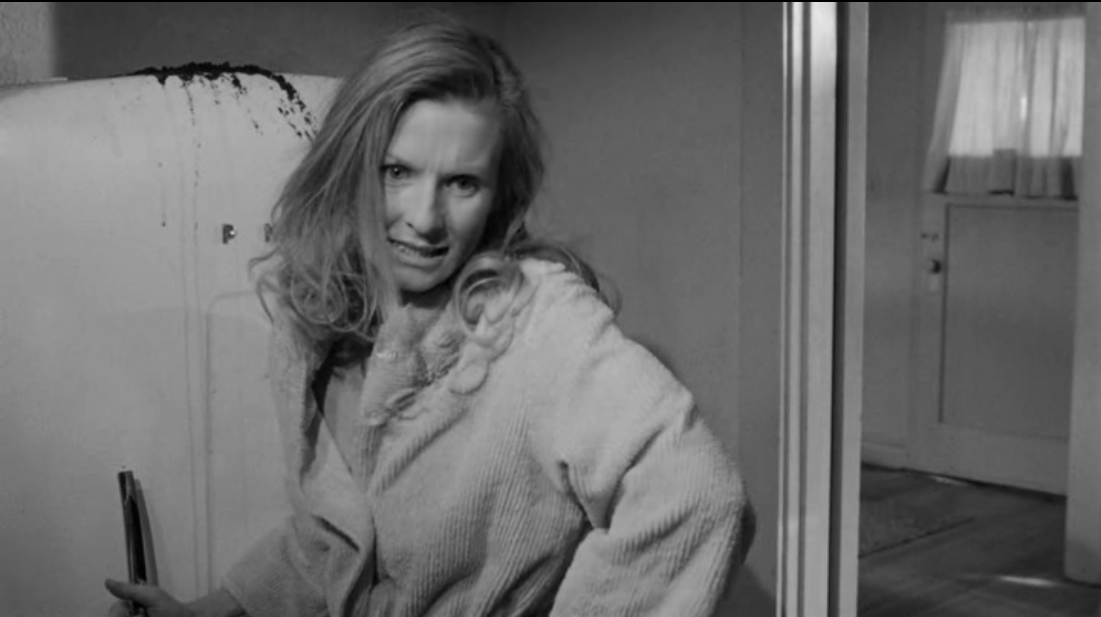Ellen Burstyn's Oscar history
 Friday, January 8, 2021 at 11:30AM
Friday, January 8, 2021 at 11:30AM 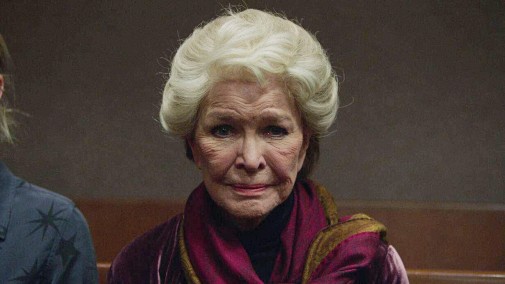
At 88 years of age, Ellen Burstyn is back on the hunt for gold and she might just become the oldest acting Oscar nominee of all-time for her work in Kornél Mundruczó's Pieces of a Woman. (The record is currently held by Christopher Plummer in All the Money in the World, who had just turned 88 at the time but Burstyn would be just a bit older). Burstyn's film, now streaming on Netflix, concerns Vanessa Kirby's Martha, a woman dealing with the unimaginable pain of having lost her newborn daughter. Burstyn plays the protagonist's mother, a severe matriarch whose disapproval of her daughter's life choices is an incandescent force, blinding in its intensity.
The actress breathes life into this supporting role, illuminating the brittleness, the scars of past woes, and the terror brought upon by the first signs of dementia. It's a showy performance, complete with an Oscar clip-ready monologue that unspools from Burstyn like a torrent of misdirected fervor. As we ponder if AMPAS will grace the thespian with another honor, let's look at her record with the Academy. Ellen Burstyn has been nominated six times and won once…



